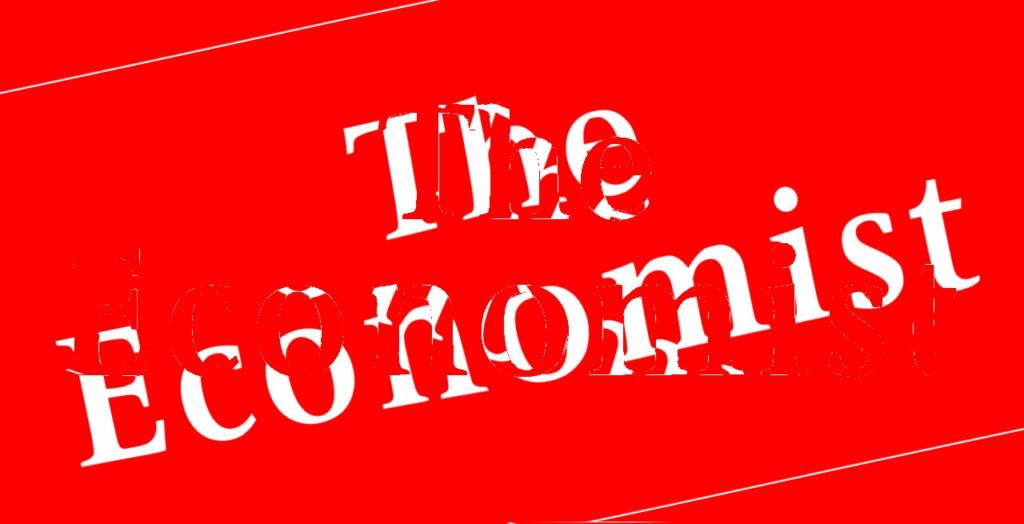The UK based magazine The Economist, was recently under fire for publishing a fallacious editorial piece denigrating the Indian Prime minister Narendra Modi. The article titled “Agent Orange”, published on May 4th made a barrage of allegations on PM Modi. However, all the allegations were devoid of any objective analysis. In response to malicious propaganda, prominent Indian-American economists have in a letter written to the editors of ‘The Economist’ countering the claims made in the article. The response has been written by Arvind Panagariya, Jagdish Bhagwati and Pravin Krishna.
The article by the Economist is full of innuendos, unsubstantiated facts and a lot of personal opinions devoid of empirics. For example, regarding the Balakot airstrike, the Economist wrote, “In fact, sending warplanes to bomb India’s nuclear neighbor earlier this year was not so much an act of strength as recklessness that could have ended in disaster.”
The three prominent economists in their reply to the article, further write “You fault India’s prime minister for his handling of the dastardly Pulwama attack, masterminded by Pakistani terrorists, but neglect to tell the reader that his actions received unqualified approval from all Western democracies.”
The article even made frivolous remarks on demonetization “In 2016 Mr. Modi abruptly cancelled most Indian banknotes in an effort to thwart money-laundering. The plan failed, but not without causing huge disruption to farmers and small businesses.”
The three prominent economists also called out this propaganda “You claim demonetisation caused “huge disruption” to farmers and small businesses, but cite no data or surveys substantiating it. In fact, a study co-authored by Gita Gopinath, the director of research at the IMF and a critic of demonetisation, finds that the effects dissipated within a few months and the growth rate during the year of demonetisation fell by no more than 0.5% on account of the measure.”
The preposterous claims of the Economist’s article continued, “Indians hear such criticisms less often because Mr Modi has cowed the press, showering bounty on flatterers while starving, controlling and bullying critics.”
Senior economists, in their letter to editor also expose these claims “In a delicious irony, you accuse Mr Modi of “controlling and bullying critics”, while basing your entire tirade against him on the commentaries by those same critics. It appears your magazine, too, has completed its descent into the post-truth world.”
Another reply by Nitin Mehta (London) to the editors of The Economists pointed out how Narendra Modi government has been instrumental in curbing widespread corruption and implement fast track progressive policies “The people of India want a leader who is not corrupt and who will bring peace and prosperity. Narendra Modi has provided that over the past five years. Bureaucracy has been trimmed, millions of people have been lifted from poverty, electricity has been provided to villages and towns. Mr Modi, however, does not hide the fact that the concerns of the vast majority of Hindus should be taken into account while at the same time providing every opportunity to minorities.”
The reply also read “The prime minister promises to provide a strong, nationalist government that will no longer act weakly, instead putting India’s interests first. Left-wing liberals and academics are stuck in an ideological prism that in reality brought no progress to the minorities they champion the cause of. Under Mr Modi all Indians, irrespective of their caste or creed, will be given the chance to progress.”
The three prominent economists who countered the fallacious claim included Jagdish Bhagwati who is notable for his research in international trade and for his advocacy of free trade, Arvind Panagariya who served as the first vice-chairman of the government of India think-tank NITI Aayog between January 2015 and August 2017. Both of these economists are from Columbia University. The third economist Pravin Krishna is a Chung Ju Yung Distinguished Professor of International Economics and Business at the School of Advanced International Studies (SAIS) and the Department of Economics in the Zanvyl Krieger School of Arts and Sciences at Johns Hopkins University.
